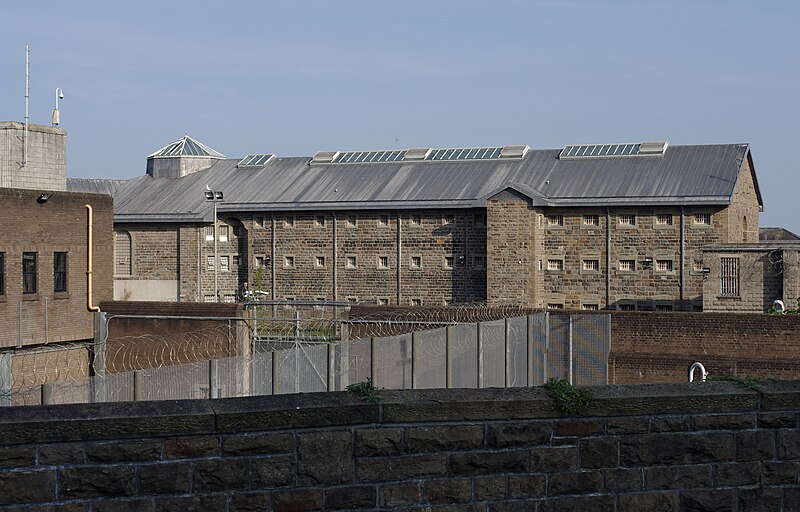
The prison population in England and Wales has reached an all-time high just days before the government’s temporary early release scheme is set to begin.
According to data released by the Ministry of Justice (MoJ) on Friday, the number of inmates has risen by 1,159 since August 2, coinciding with the start of the UK riots, bringing the total to 88,521. This marks the highest recorded prison population since the MoJ began publishing weekly data in 2011.
Home Office minister Dame Angela Eagle stated that the government is "considering all options" to address the issue of overcrowding. In an interview, she noted, "The previous government closed a significant number of prison facilities without replacing them. We cannot allow individuals convicted of serious or violent crimes to avoid being incarcerated due to a lack of space."
The government’s temporary early release scheme is scheduled to commence on 10 September, allowing approximately 3,000 prisoners in England and Wales to be released early. However, those convicted of serious crimes, including sexual offences, terrorism, domestic abuse, or violent crimes, will not be eligible for early release.
Former chief inspector of prisons, Nick Hardwick, expressed his concerns on BBC's Today Programme, stating that while the early release plan may alleviate immediate pressure, it may create other issues. "It’s like squeezing a balloon — you relieve pressure in one area, but it creates a problem elsewhere. Some released prisoners will likely re-offend, and many could end up homeless because of the lack of housing options," Hardwick explained.
Recent reports suggested that the government was exploring the idea of renting prison cells in other countries, including Estonia, to address overcrowding. However, Downing Street clarified on Friday that there were "no plans or announcements" to send prisoners to serve sentences abroad. While the Estonian government had raised the idea with Justice Secretary Shabana Mahmood during a meeting in Lithuania, a UK government spokesperson emphasized that this was a policy of the previous government and no such plans were currently being considered.
The government also stated that it will publish a 10-year strategy this autumn to ensure sufficient prison capacity for dangerous offenders. In July, Ms Mahmood had announced a plan to reduce the proportion of sentences that inmates must serve from 50% to 40%, acknowledging that overcrowding had brought prisons to the "brink of collapse." Photo by mattbuck (category), Wikimedia commons.


































